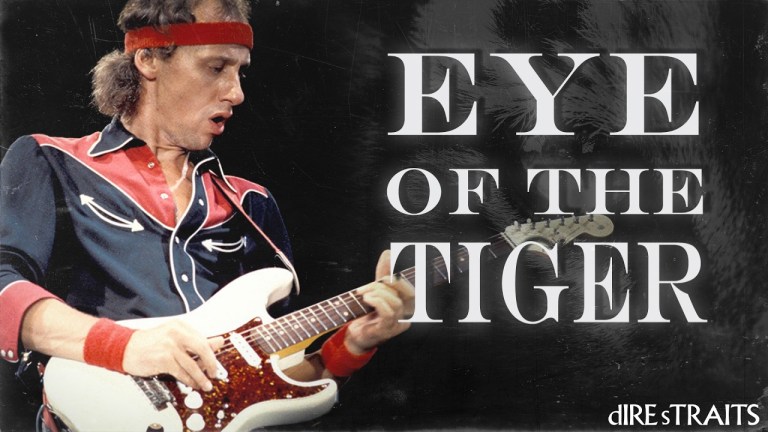Why the English Language Requires That the Letter ‘Q’ Almost Always Be Followed by the Letter ‘U’
In the latest episode of their continually fascinating and informative etymological whiteboard series for Mental Floss, linguist Arika Okrent and illustrator Sean O’Neill verbally and visually explain why the English language almost always requires that the letter “Q” be always followed with a “U”.
We can blame it on our alphabetic ancestors. Like the French. Before the Norman invasion of 1066, English didn’t even have a Q. Not only did the Normans inject a whole bunch of French vocabulary into English, they changed the spelling of English words according to their French ways. English spelled the /kw/ sound with a ‘CW’ in words like queen and quick, But French spelled this sound with ‘QU’. To make things extra confusing, French people later stopped pronouncing the /w/ part, but their spelling never caught up with that change, so words that English borrowed much later, like mystique and quiche, have a /k/ pronunciation instead of /kw/.






